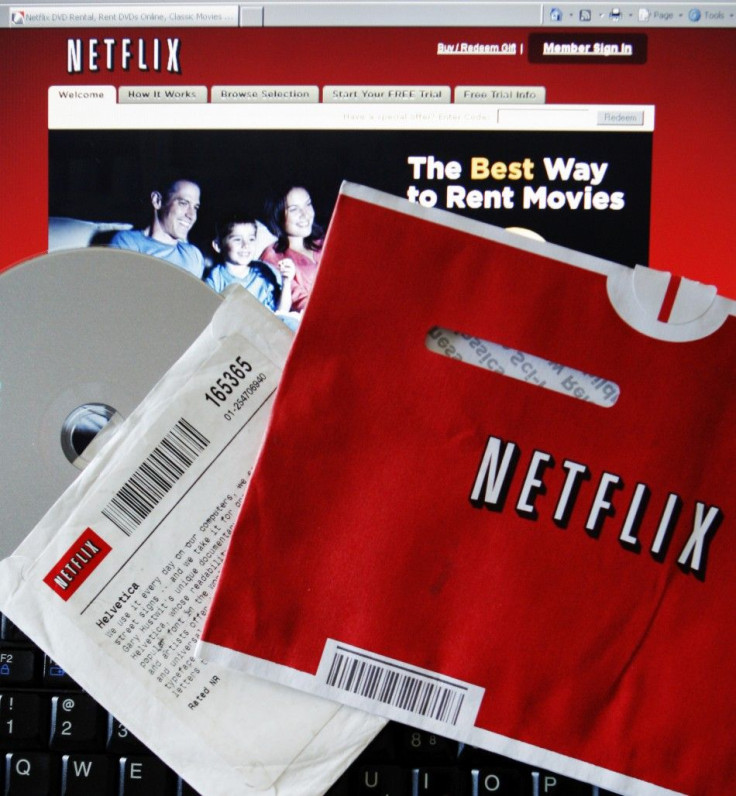Netflix: Starz Loss Could be Sign of Things to Come

The last two years, Netflix was seemingly untouchable - adding content, subscribers, shifting to a streaming model successfully, and watching its stock soar - but now the company has run into trouble.
Starz, which provided Netflix with movies from Disney and Sony Pictures, announced recently it has decided to end contract negotiations with the streaming movie provider. When the current agreement expires on February 28, 2012, Starz will cease to distribute its content on the Netflix streaming platform.
So those of you Netflix customers who love Toy Story 3 should probably get as many views in as possible before March of next year.
Meanwhile, where does this leave Netflix? The company has downplayed the loss of Starz, with chief executive Reed Hastings telling Business Insider that Starz only contributed eight percent of Netflix's domestic subscribers' viewing. Hastings said he expects it to naturally drift to 5-6 percent before the contract ends.
We are confident we can take the money we had earmarked for Starz renewal next year and spend it with other content providers to maintain, or even improve the Netflix experience, Hastings said.
This is all well and good but Netflix's stock has already taken a beating over the news, falling 9.32 percent or $21.74 per share. Wall St. is obviously not as confident in Netflix. Tony Wible, an analyst at Janney Montgomery Scott, expressed these concerns in a recent note and said it could be a long-term issue.
We believe the loss of LSTZA (Starz) content could be disastrous for NFLX (Netflix). The loss of content will likely trigger a loss of subs that will impair its ability to buy new content. More importantly a loss of subs could leave NFLX struggling to pay the over $2.4 billion in off balance sheet content obligations, especially when one considers that it is loosing money on an adjusted FCF basis, Wible said in a note.
Brian Pitz, analyst at UBS, also wrote in a note that this move could have a long-term impact for Netflix. He sees the market's prices continuously rising with more competitors entering the game such as Amazon.com.
Our analysis showed that 22 of the 100 currently most popular streaming titles on Netflix were from Starz. Given the still earlier state of the streaming library, we think the loss of Starz is significant - potentially pushing NFLX deeper into the long tail and/or requiring them to bid for replacement content in a market with rising prices, he wrote.
It wasn't all bad outlook for Netflix. David Miller, Caris & Co analyst, said Netflix should be applauded for showing financial discipline and refusing to bend to Starz' demand. Richard Greenfield, analyst at BTIG, says stay tuned, he thinks both parties come back to the negotiating table.
With competition building, why does Netflix want to let someone else have access to Starz's unique movie content and can anyone really pay Starz as much as Netflix is able to, even accounting for the share that will flow to Sony/Disney? Stay tuned, we expect there is more to this story, he writes in a note.
Follow Gabriel Perna on Twitter at @GabrielSPerna
© Copyright IBTimes 2024. All rights reserved.





















